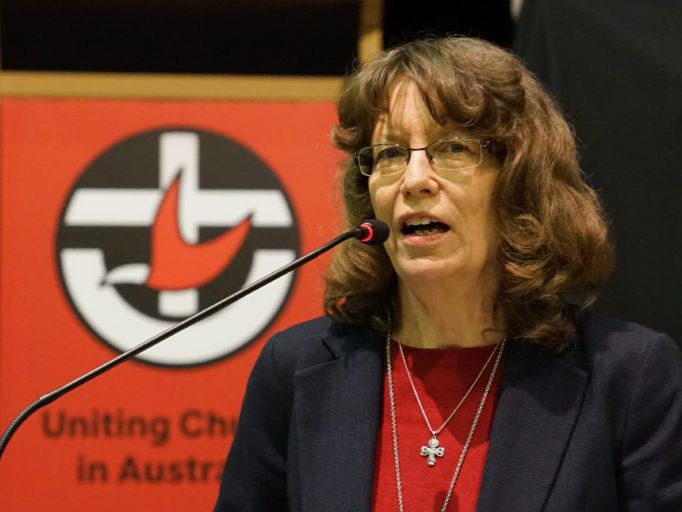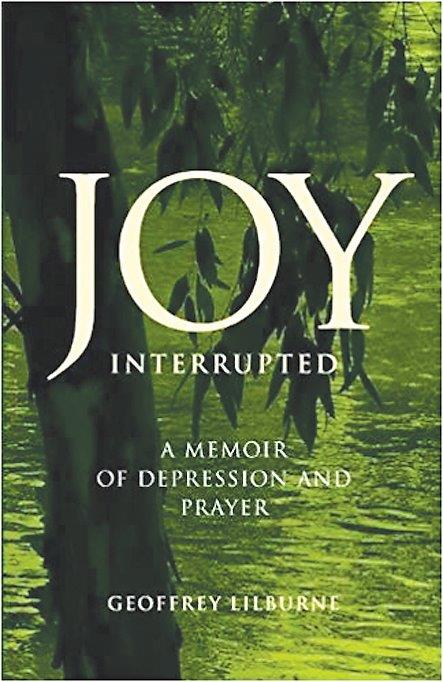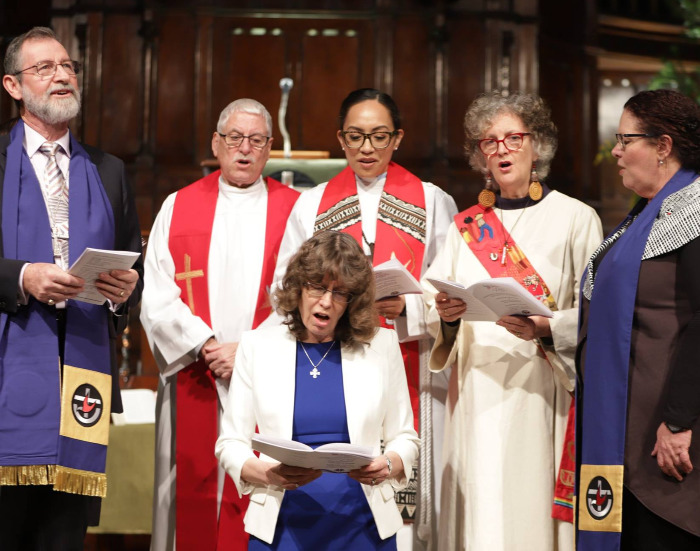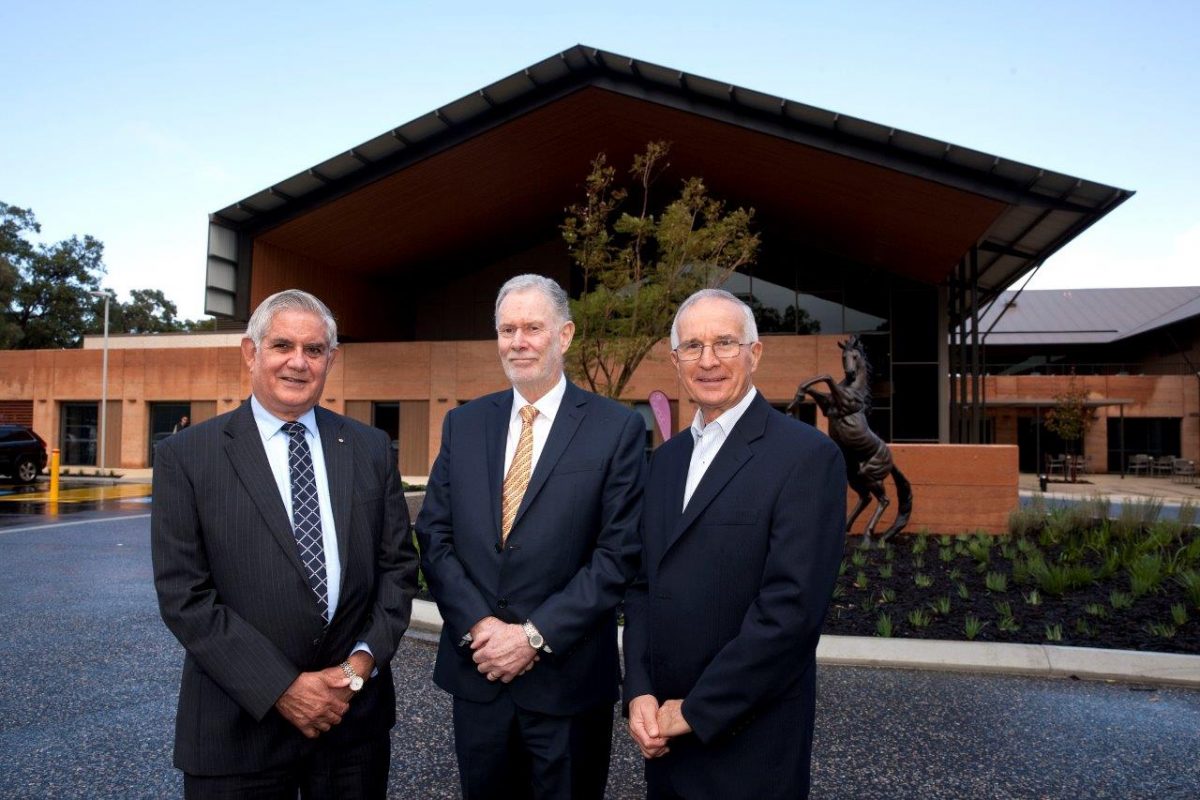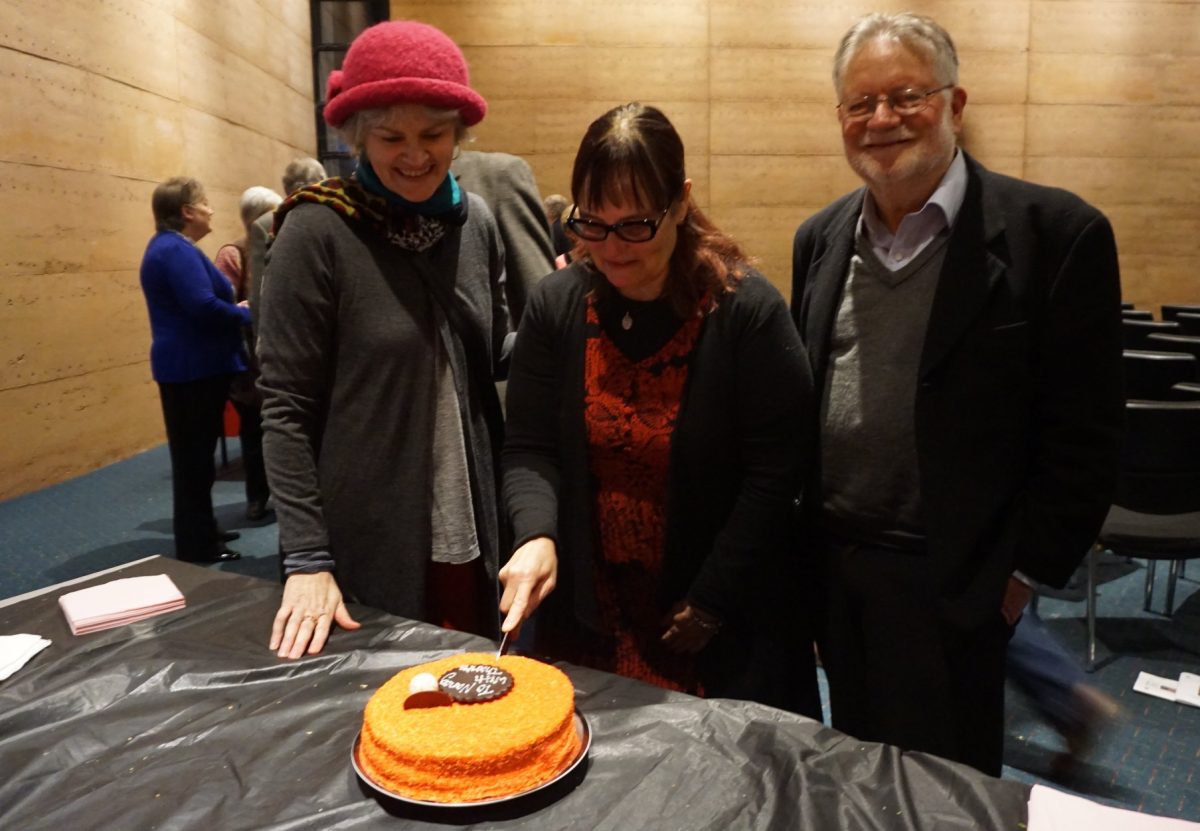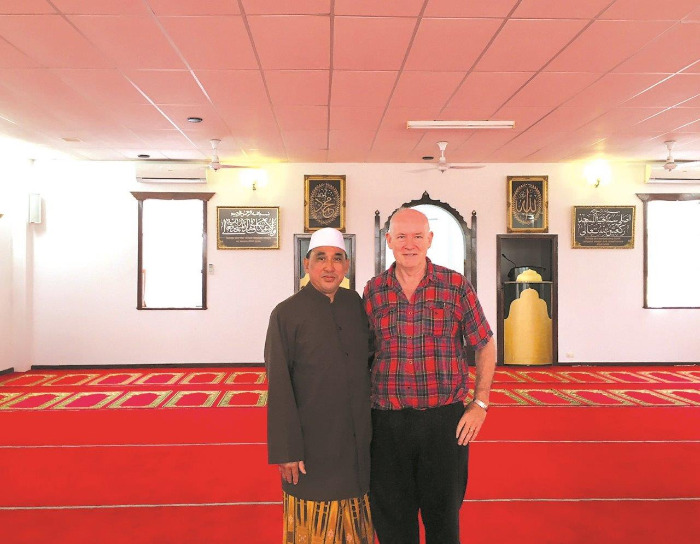At the very beginning of our scripture, we find God creating a world that is ‘very good’. It is clear from the first chapter of Genesis that God created a world for humans, plants and animals alike. God saw to it that all the creatures and human beings were provided for, with the human being charged with being a steward of God’s good creation. This is particularly clear in Genesis 1–2.
Keeping the creation as ‘good’ can be reasonably interpreted as not poisoning or polluting it, as giving due care to the natural needs of domestic food animals, and as preserving the habitat of wild animals. This is further reinforced in Genesis 8, where God makes the same covenant with animals as humans, promising never to destroy the earth again.
It is a sad truth that in our modern, civilised world, we have not kept the creation good. We have allowed synthetic created chemicals to poison our air and our waterways; we have destroyed natural habitats so animal and plant species face extinction; Indigenous peoples have been driven off their land to satisfy large corporations requiring mono crops and oil supplies; and we have allowed the over-fishing of many species.

